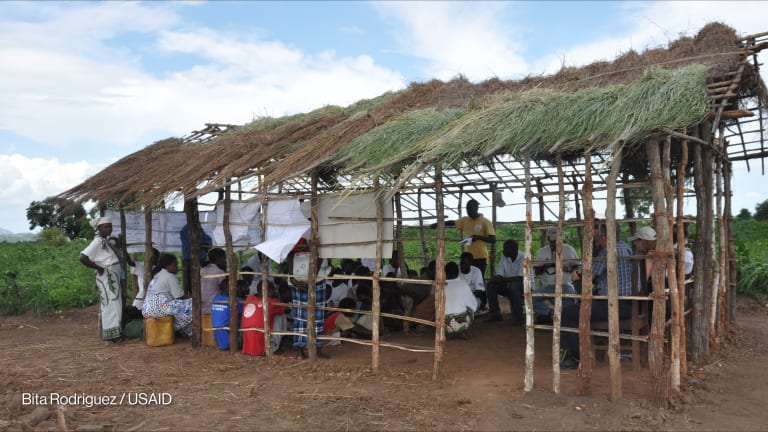Elon Musk may not believe a $1 billion donation to the World Food Programme can solve global hunger. But what about a cash infusion for a new multilateral food security fund?
South Carolina Sen. Lindsey Graham said Wednesday that in the face of skyrocketing food insecurity, the U.S. government’s bilateral programs aren’t getting the job done. He wants to see a new public-private partnership modeled after The Global Fund to Fight AIDS, Tuberculosis, and Malaria that would fund research and programs aimed at increasing food production in “unstable regions.”
“I could tell Mr. Musk, ‘if you and some of your friends could come up with some cash and if we created a global food security fund it would make a lot of difference,’” Graham said, alluding to the billionaire’s attention-grabbing Twitter exchange in 2021 with former WFP head David Beasley — Musk did not end up donating to WFP.








